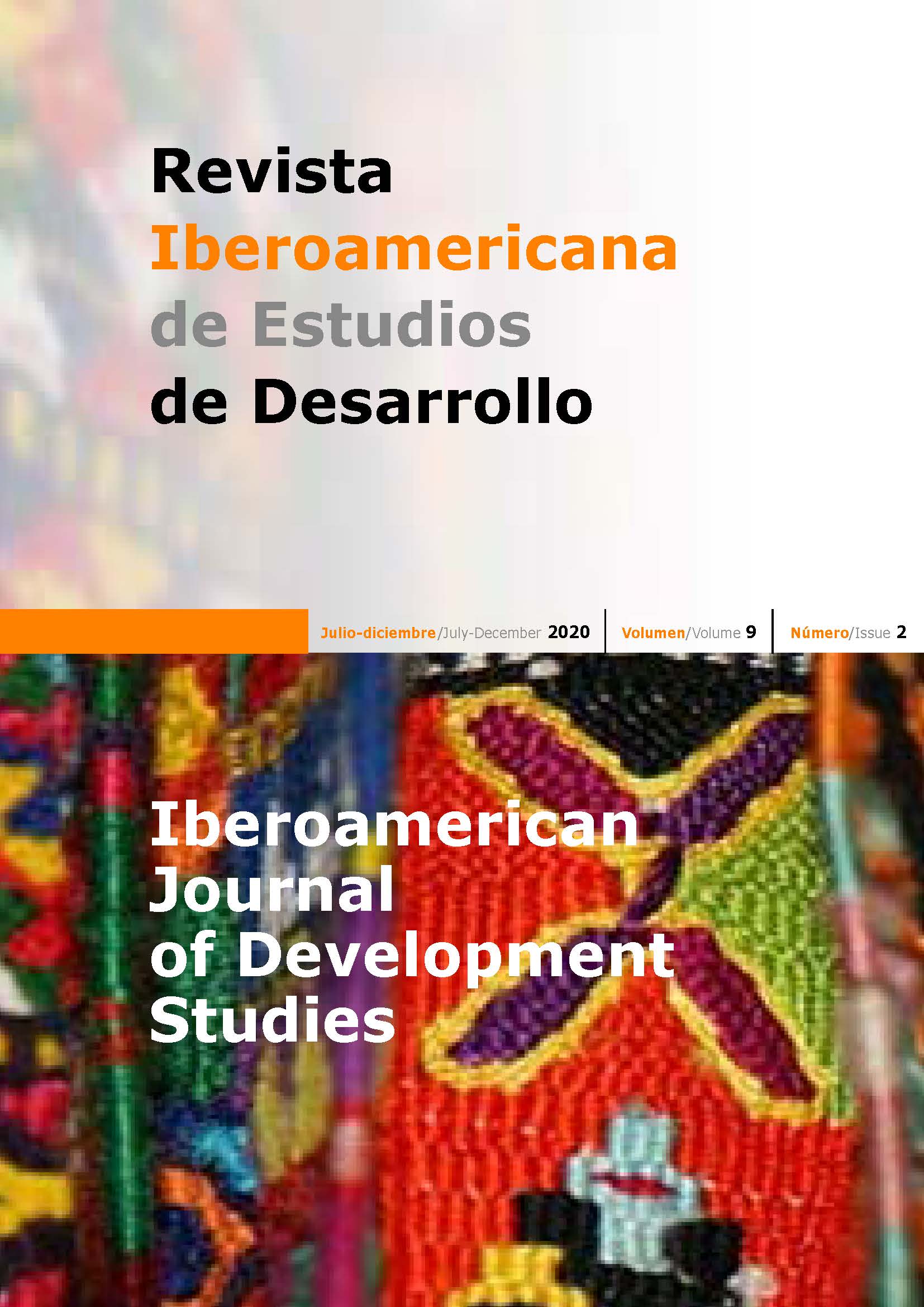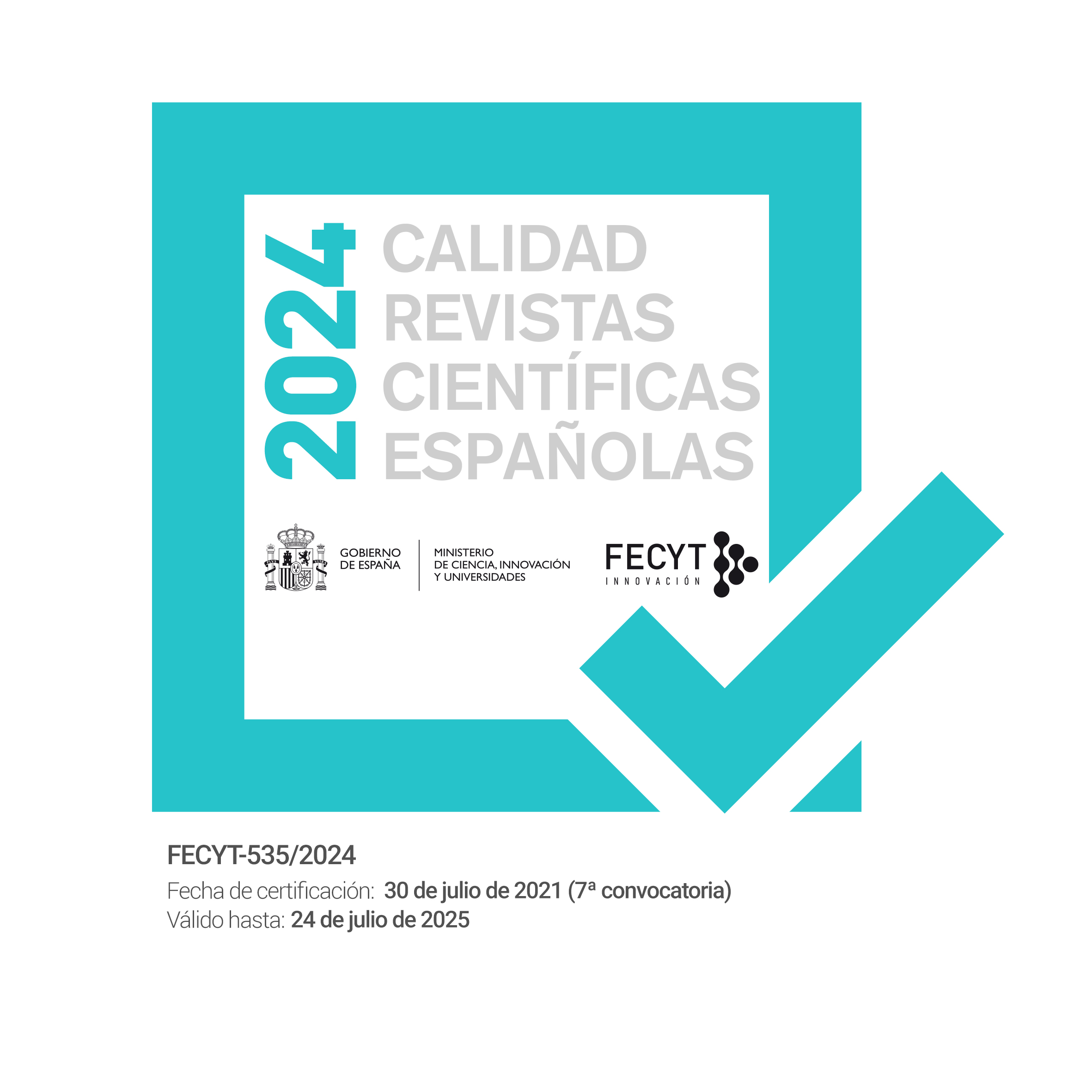The reasoning agent: agency in the capability approach and some implications for development research and practice
DOI:
https://doi.org/10.26754/ojs_ried/ijds.491Keywords:
capability, agency, rationality, freedom, reasoningAbstract
Amartya Sen’s capability approach (CA) is a freedom-centered and agency-oriented framework to the assessment of individual and social states. Indeed, it regards agency as having intrinsic, instrumental, and constructive importance. Thus, there is a growing literature exploring how to empirically capture agency. However, relatively less has been said about what the CA agency entails on its own terms. That discussion hinges on two themes: rationality, and freedom. Contrary to the dominant approach, rational choice theory, which proposes a selfish, calculative, atomistic chooser, the CA proposes a multi-motivated, multidimensional, plural, and reflective chooser. That is, instead of a rational, the CA suggests a reasoning agent, accounting for such an agent has important implications for the conduct of inquiry, including the philosophy of science. They might be better tackled in the latter is given its due.Downloads
References
ALKIRE S (2009). Concepts and Measures of Agency. In: Basu K, Kanbur R (eds.). Arguments for a Better World, Essays in Honor of Amartya Sen, vol. I. Oxford University Press, New York, pp. 455-474.
ALKIRE S, DENEULIN S (2010). The Human Development and Capability Approach. In: Deneulin S, Shahani L (eds.). An Introduction to the Human Development and Capability Approach. Earthscan, London, pp. 22-48.
ALSOP R, HEINSOHN N (2005). Measuring Empowerment in Practice: Structuring Analysis and Framing Indicators. World Bank, Washington.
ALSOP R, BERTELSEN M, HOLLAND J (2006). Empowerment in Practice from Analysis to Implementation. World Bank, Washington.
ARCHER M, TRITTER J (2001). Introduction. In: Archer M, Tritter S (eds.). Rational Choice Theory: Resisting Colonization. Routledge, London, pp. 1-16.
BANDURA A (1995). Self Efficacy in Changing Societies. Cambridge University Press, New York.
BECKER G (1976). The Economic Approach to Human Behavior. University of Chicago Press, Chicago.
BHARGAVA R (1992). Individualism in Social Science. Forms and Limits of a Methodology. Clarendon Press, Oxford.
CAMERER C, ISSACHAROFF S, LOEWENSTEIN G, O’DONOGHUE T, RABIN M (2003). Regulation for Conservatives: Behavioral Economics and the case for Asymmetric Paternalism. University of Pennsylvania Law Review 151:1211-1254.
CHIRKOV V et al. (2003). Differentiating Autonomy from Individualism and Independence: A Self-Determination Theory Perspective on Internalization of Cultural Orientations and Well-Being. Journal of Personality and Social Psychology 84(1):97-110.
CROCKER D, ROBEYNS I (2010). Capability and agency. In: Morris C (ed.). Amartya Sen. Cambridge University Press, Cambridge, pp. 60-90.
CRUICKSHANK J (2001). Social Theory and the Underclass: social realism or rational choice individualism? In: Archer M, Tritter S (eds.). Rational Choice Theory: Resisting Colonization. Routledge, London, pp. 75-92.
ELSTER J (1986). Introduction. In: Elster J (ed.). Rational Choice. New York University Press, New York, pp. 1-33.
ELSTER J (1989). Nuts and Bolts for the Social Sciences. Cambridge University Press, Cambridge.
GASPER D (2007). What is the Capability Approach: its core, rationale, partners and dangers. The Journal of Socio-Economics 36:335-359.
GRAZIANO M (2013). Rationality and Experimental Economics. In: Graziano M. Epistemology of Decision: Rational Choice, Neuroscience and Biological Approaches. Springer, London, pp. 3-28.
HANDS D (2013). Foundations of contemporary Revealed Preference Theory. Erkenntnis 78(5):1081-1108.
HEMPEL C (1962). Rational Action. Proceedings and Addresses of the American Philosophical Association 35:5-23.
HOLLIS M (1994). The Philosophy of Social Science: An Introduction. Cambridge University Press, Cambridge.
LOZANO J-F (2013). Toma de decisión ética en la gestión de empresas: la aportación de la neuroética. Revista Internacional de Filosofía 59:183-196.
LOZANO J-F (2017). Transformación neuroética de la racionalidad económica: implicaciones para tomar decisiones en las empresas. Pensamiento 72(273):901-919.
MALETTA H (2010). La evolución del Homo Economicus: problemas del marco de decisión racional en economía. Economía 33(65):9-68.
MARTINS N (2006). Capabilities as causal powers. Cambridge Journal of Economics 30(5):671-685.
MARTINS N (2007). Ethics, ontology and capabilities. Review of Political Economy 19(1):37-53.
MEHTA L, HAUG R, HADDAD L (2006). Reinventing development research. Forum for Development Studies 33(1):1-6.
MOLTEBERG E, BERGSTROM C (2000). Our Common Discourse: Diversity and Paradigms in Development Studies. Centre for International Environment and Development Studies, Agricultural University of Norway (NORAGRIC) Working Paper Number 20. NORAGRIC. Ås (Norway).
NUSSBAUM M (2000). Women and Human Development: The Capabilities Approach. Cambridge University Press, Cambridge.
NUSSBAUM M (2003). Capabilities as Fundamental Entitlements: Sen and Social Justice. Feminist Economics 9(2-3):33-59.
NUSSBAUM M (2011). Creating Capabilities: The Human Development Approach. Belknap Press of Harvard University Press, Harvard.
NARAYAN D, PETESCH P (2007). Moving Out of Poverty: Cross-Disciplinary Perspectives on Mobility. World Bank, Washington (US).
NIDA-RÜMELIN J (1997). Economic Rationality and Practical Reason. Springer-Science+Business Media, London.
OMONIYI B, OFOEZIE, K, OGUNWOLE O (2015). Measuring Revealed Preference Hypothesis of the Theory of Consumer Behaviour Using Roy’s Identity: A Case Study of Oriade LGA of Osun State, Nigeria. Management Science and Engineering 9(1):1-7.
RATCLIFF P (2001). «Race», ethnicity and housing decision: rational choice theory and the choice-constraints debate. In: Archer M, Tritter S (eds.). Rational Choice Theory: Resisting Colonization. Routledge, London, pp. 200-216.
ROBBINS L (1938). Interpersonal Comparisons of Utility: a comment. Economic Journal 48(192):635-641.
ROBEYNS I (2017). Well-being, Freedom and Social Justice. Open Book Publishers, Cambridge.
SCANLON T (1998). What we owe to each other. Harvard University Press, Cambridge.
SEN A (1977). Rational Fools: a critique of the behavioral foundations of economic theory. Philosophy & Public Affairs 6(4):317-344.
SEN A (1979). Equality of What. Stanford University, The Tanner Lecture on Human Values.
SEN A (1982). Liberty as Control: An Appraisal. Midwest Studies in Philosophy 7.
SEN A (1985). Well-Being, Agency and Freedom: The Dewey Lectures 1984. The Journal of
Philosophy 82(4):169-221.
SEN A (1988). The concept of Development. In: Chenery H, Srinivasan T (eds.). Handbook of Development Economics, Elsevier Science Publishers, London, pp. 10-25.
SEN A (1990a). Gender and Cooperative Conflicts. In: Tinker I (ed.). Persistent Inequalities: Women and World Development. Oxford University Press, Oxford, pp. 123-149.
SEN A (1990b). Development as Capability Expansion. In: Griffin K, Knight J (eds.). Human Development and the International Development Strategy for the 1990s. Macmillan, London, pp. 41-58.
SEN A (1990c). Justice: Means versus Freedoms. Philosophy & Public Affairs 19(2):111-121.
SEN A (1992). Inequality Reexamined. Oxford University Press, New York.
SEN A (1993a). Capability and Well-being. In: Nussbaum M, Sen A (eds.). The Quality of Life. Clarendon Press, Oxford, pp. 30-53.
SEN A (1993b). Positional objectivity. Philosophy & Public Affairs 22(2):126-145.
SEN A (1997). Maximization and the art of choice. Econometrica 65:745-779.
SEN A (1999a). Development as Freedom. Oxford University Press, London.
SEN A (1999b). Reason Before Identity. The Romanes Lecture for 1998. Oxford University Press, Oxford.
SEN A (2002). Introduction: Rationality and Freedom. In: Sen A. Rationality and Freedom. Harvard University Press, Cambridge, pp. 3-64.
SEN A (2004). Capabilities, Lists, and Public Reason: Continuing the Conversation, Feminist Economics 10(3):77-80.
SEN A (2007). Identity and Violence: The Illusion of Destiny. Penguin, New York.
SEN A (2009). The Idea of Justice. Harvard University Press, Cambridge.
TAO S (2013). Why are teachers absent? Utilising the Capability Approach and Critical Realism to explain teacher performance in Tanzania. International Journal of Educational Development 33:2-14.
TESCHL M, DEROBERT L (2008). Does identity matter? On the relevance of identity and interaction for capabilities. In: Alkire S, Comim F, Qizilibash M (eds.). The Capability Approach in Human Development: Concepts, Applications and Measurement. Cambridge University Press, London, pp. 125-156.
THOMAS S (1998). What We Owe to Each Other. Harvard University Press, Cambridge, US.
UDEHN L (2001). Methodological Individualism: Background, History and Meaning. Routledge, London.
WITTEK R, SNIJDERS T, NEE V (2013). Introduction: Rational Choice Social Research. In: Wittek R, Snijders T, Nee V (eds.). The Handbook of Rational Choice Social Research. Stanford University Press, Stanford.
ZIMMERMANN B (2006). Pragmatism and the Capability Approach: Challenges in Social Theory and Empirical Research. European Journal of Social Theory 9(4):467-484.
Downloads
Published
How to Cite
Issue
Section
License
Copyright (c) 2020 Pablo Garcés

This work is licensed under a Creative Commons Attribution-NonCommercial-NoDerivatives 4.0 International License.








